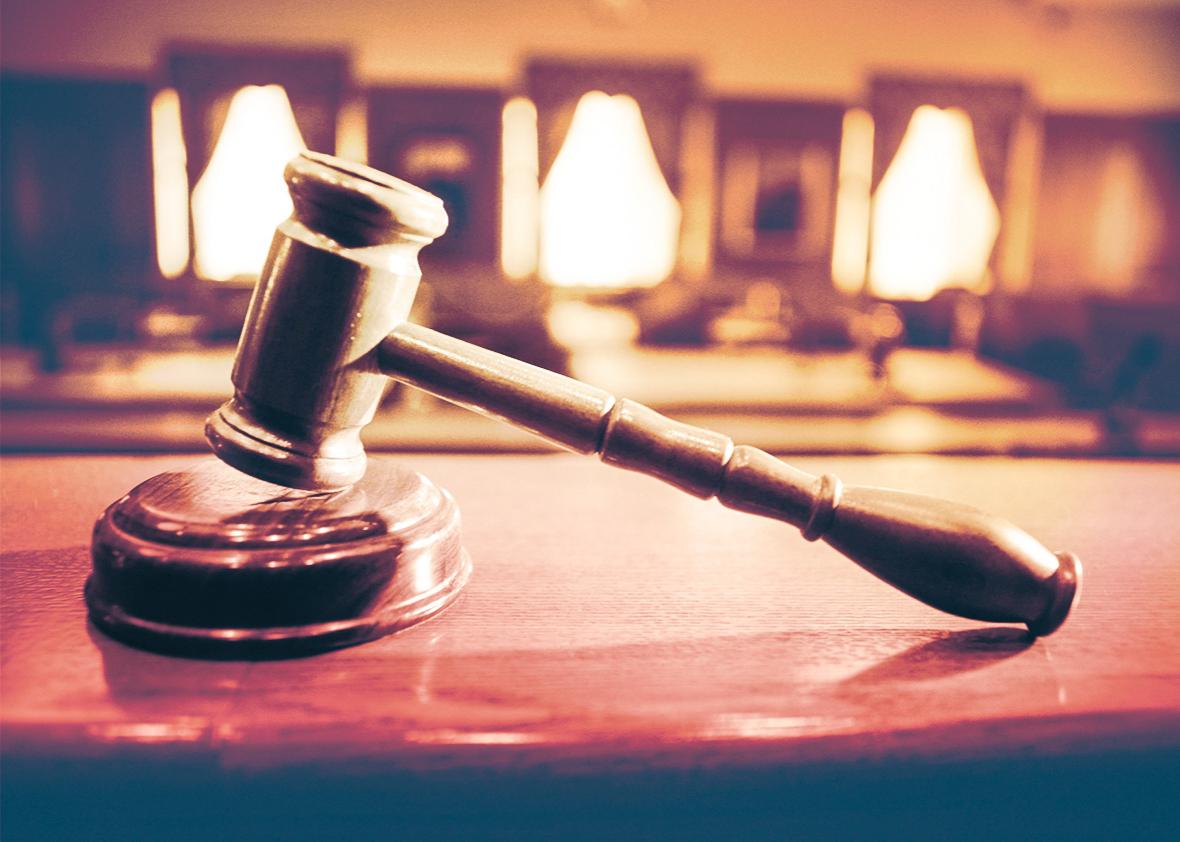No. The answer to your question is no. There is nothing President Obama or Senate Democrats or a small army of attorneys can do to force Chuck Grassley and the Republican members of the Judiciary Committee to hold hearings for an Obama nominee to the Supreme Court. Refusing to even hold a hearing is indeed unprecedented. But as William Yeomans explains, this is a political problem, not a legal or constitutional one. The resolution will come from politics, if it comes at all.
There are, though, some arcane parliamentary maneuvers that Dems can deploy to gum things up—Sean Davis of the Federalist has more than you ever thought you wanted to know about “the motion to discharge.” Ruth Marcus also suggests that Chief Justice John Roberts could move things along by “speak[ing] out about the harm posed by a lengthy and contested vacancy.” In addition, she raises the idea that Obama could agree to a term-limited nominee. Charles Pierce says the president should pick an absurdly qualified candidate and then do “event after event, with the candidate by his side. He campaigns for Senate candidates in New Hampshire, Pennsylvania, Ohio, Wisconsin, and Illinois, all places with vulnerable Republican incumbents, and he brings the nominee along with him.” And there is lots of talk about putting up a candidate Republicans might support, with names ranging from Judge Richard Posner to Sandra Day O’Connor to GOP Nevada Gov. Brian Sandoval.
Here’s yet another suggestion, which I heard from a former Judiciary Committee staffer: shadow hearings. Once President Obama names his choice, as he insists he will do, Democrats on the Judiciary Committee should plan to hold televised, gavel-to-gavel public hearings, to which the Republicans on the committee are invited. The Republicans will decline. The Democrats could then proceed without them, asking thoughtful and probing questions about the role of the judiciary, theories of interpretation, and why the law and constitution matter.
I’d watch.
This isn’t a new concept. As Professor Neal Devins notes here, “When Republicans controlled Congress from 1995 to 2006, for example, Democratic lawmakers—shut out of the formal hearing process—held so- called ‘shadow’ hearings to protest their inability to call witnesses or otherwise define the hearing agenda.” There were shadow hearings after 2006, too: Nancy Pelosi held them in 2011 to showcase Democratic views on green energy. And when they didn’t control committees at the beginning of the Obama era, Republicans held a series of shadow hearings during the 111th Congress.
Yes, this might look like nothing more than a political stunt. But it could also come off looking like a somber, serious discussion of the courts and the Constitution with an unimpeachable expert. The Democrats on the Senate Judiciary Committee are some of our most thoughtful elected officials when it comes to the courts and the law. They could perform a fantastic public service this summer, teaching Americans what it is that the Supreme Court does and why it matters.
Shadow hearings would also keep this issue on the front pages and put a name and a face on a nominee that will otherwise only exist on paper. So throw the idea into the mix. It’s better than the alternative, which is capitulation. As politics and reality television become indistinguishable, perhaps it’s time for the Democrats to get their own show.
